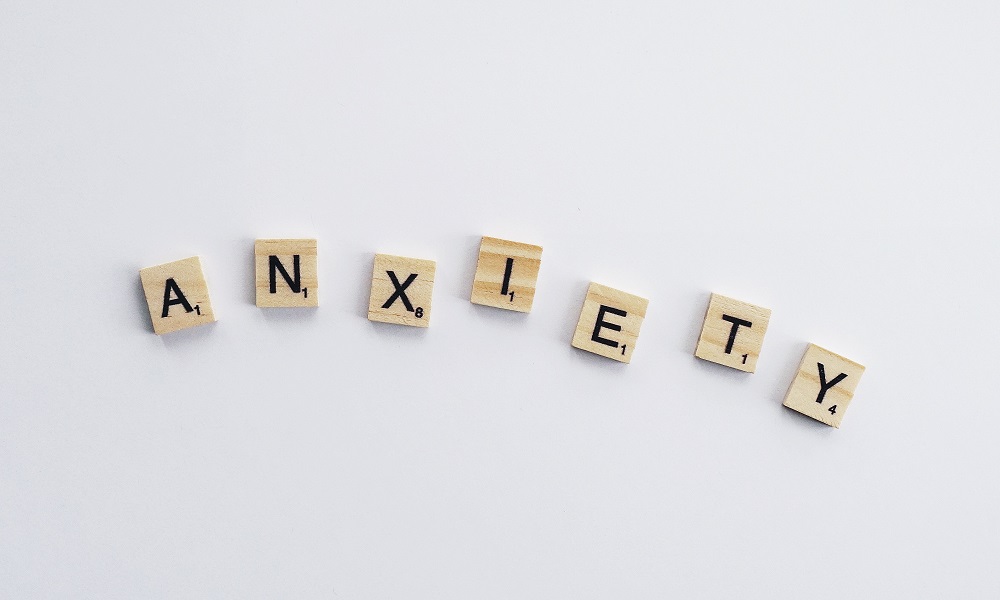Predictors of Teen Anxiety
There are two very profound predictors that impact a teen’s anxiety level. In my practice, the two most common issues that I find are a teen’s Perfectionism and a sense of Not Belonging. The perfectionism is seen in many areas, however most often it pertains to their fear of failure or disappointing others. The sense of not belonging has contributed significantly to social anxiety and depression, as acceptance and belonging are key elements in feeling safe and connected.
Fear of Failure
Teen Anxiety is certainly on the rise, and it’s almost hard to meet a teen who doesn’t express some level of anxiety. At the core of much of this anxiety is the fear of failure, making mistakes and imperfections. While many adults have these same fears, the increased pressure for teens to perform and compete to get into a good college, or make the cut of their desired team, performance group, or extracurricular activity, has greatly impacted their anxiety.
Parental Influence on Anxiety
When a teen’s fear of failure is high, their self-esteem is low, and then they often believe that their worth can be summed up by their performance and ability to succeed. Unfortunately, some of the pressure often comes from a teen’s parent. Often I have a teen in therapy tell me that when they shared their “A” on a test and it was less than 100%, at least one of their parent’s comments was “What did you miss?”, and “How can you do better next time?” Yikes! When did we stop celebrating success and good enough and only see the value of perfection?
Obviously, this isn’t the response of all parents, yet often as parents, we need to self-check our own expectations of our teens. Sometimes our body language or lack of excitement when our teens are sharing their successes can have a huge impact on our teen’s perception of our desires. If the culture of a family is that it is expected that your child get As, then what happens if they can’t live up to that expectation, or they begin to believe that they are only worthy of love and praise if they produce? For many, recognition and validation is often connected to their academic achievements.
Self-Induced Perfectionism
Sometimes parents are very supportive and encouraging of their teen’s imperfection, yet their teen’s own self-induced perfectionism interferes with the teen’s ability to accept themselves if they aren’t perfect. I’ve had teens tell me that if they “stop beating themselves up about not being perfect, or give themselves any bit of grace for being enough, that this will cause them to become lazy or fail”. So instead of recognizing their wins, they are always hustling to do better and thus get stuck in a perpetual loop of “not enough” while the bar keeps moving higher.
Self-Esteem and Belonging
A teen’s sense of worth is also greatly attached to their perception that they are liked and that they belong. Trying to fit in and be liked in middle school and high school were difficult enough prior to COVID, but after the pandemic, the rise of social anxiety increased significantly. The awkward return has left many teens unsure of themselves.
The influence of location tracking apps, Snapchat, and other social media posts has greatly contributed to teens feeling excluded from friend groups and activities. When a teen is left out from a gathering and their friend lies about what they were doing, anxiety and depression are likely the result. When teens don’t communicate about their feelings, they are left to make assumptions about their friends’ intentions. Sometimes these are false beliefs that need to be questioned.
Developing A Strong Self-Esteem
There is no magic pill or To-Do Checklist to magically make someone’s self-esteem improve. In her book Atlas of The Heart, Brené Brown identifies that the opposite of a fragile self-esteem is “Grounded Confidence.” She says “with grounded confidence, we accept our imperfections and they don’t diminish our self-worth.
Working To Decrease Anxiety
When I work with teens, we spend time recognizing their Values. We then look at mood regulation and how to manage the ups and downs of their feelings, thoughts and behaviors. Once they have a road map for how to recognize that they’ve been emotionally hooked, we work to identify the shame trigger that is being activated. Then we try to zoom out, perspective take, and find errors in the thoughts we make up about that story.
This practice requires getting vulnerable and circling back to the person they have been upset with in order to clarify their beliefs and get feedback from the person who hurt their feelings as to the reality of the situation. The outcome of that conversation will provide them with two options. They will either get clarification and resolve the misperceptions or they will learn that this person is possibly not trustworthy of being a good friend. Either way, this information can help them see the facts so that they can make informed decisions about what to do next.

